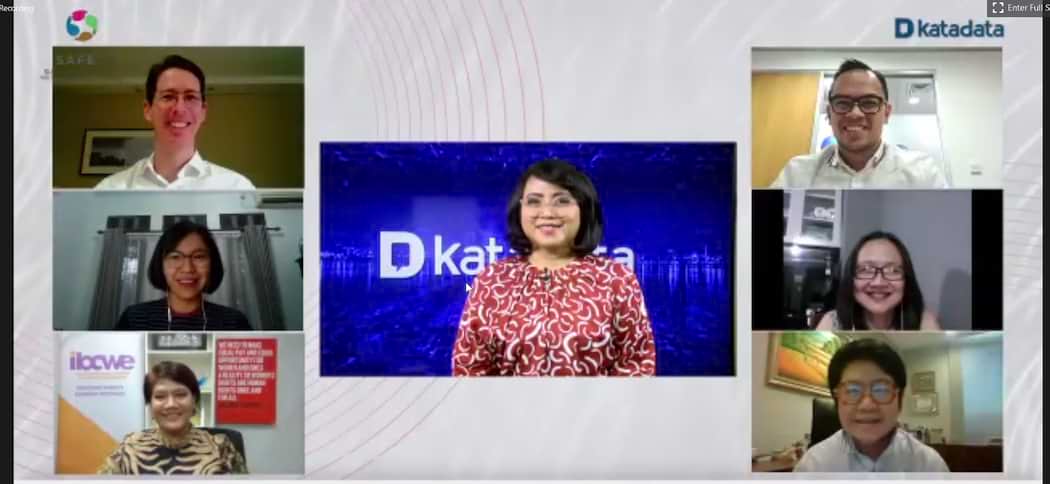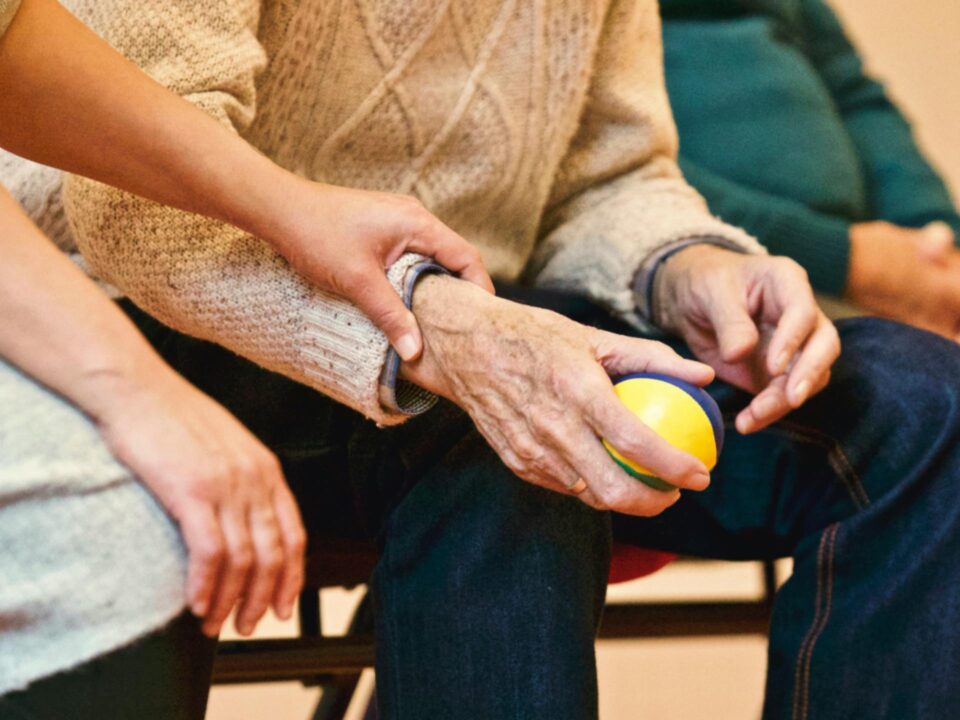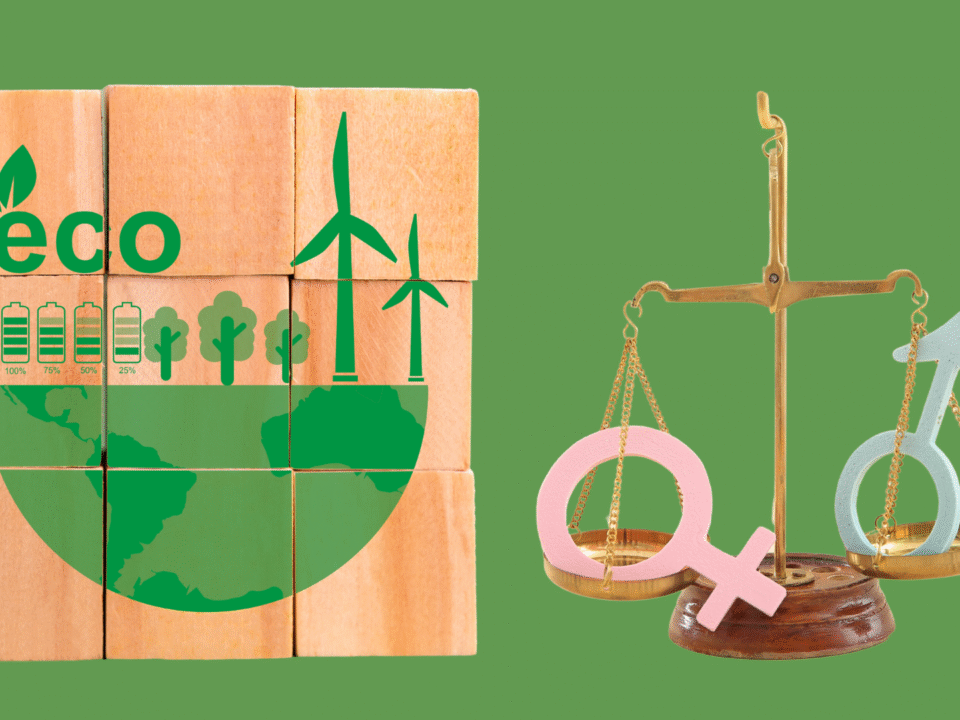
Recognizing the Value of Gender Diversity in the Workplace: Higher Profitability, Productivity and Creativity
December 24, 2023
Gender Neutral Parenting Encourages Children to Explore All the Interests, Careers, and Hobbies That They Want.
December 24, 2023Covid-19 caused the biggest economic crisis in the world since World War 2 and Indonesia is no exception. This pandemic has put women at disadvantages. The Work From Home (WFH) policy seems adding the double burden that is borne by women.
In the SAFE 2020 Forum Webinar entitled “Economic Sustainability Pathway; Indonesia Women in the Workforce” which was held by Katadata.id on Friday (8/28/2020), Australian Embassy Counsellor, Todd Dias said, “coupled with the existence of social views and norms that women are the main caregivers in the family, it makes working women have to work harder in taking care of their jobs and families.”
More than 60% of male and female respondents believe that women are better at household work. “This perception makes it difficult to ensure that household responsibilities can be divided equally. Women must also be able to let go. Covid-19 makes domestic burdens increase and is largely borne by women,” said Maya Juwita, Executive Director, Indonesia Business Coalition for Women Empowerment (IBCWE).
Research shows that the Covid 19 recession and pandemic has amplified the impact on women, from the perspective of economic security, employment, political representation to health. Women-dominated sectors such as tourism, retail, sales and manufacturing were hit hard during the PSBB period.
There are several lessons from Covid-19 that the private sector needs to consider so that companies can consider permanent flexible working time policies and increase opportunities to retain female talent who are forced to leave due to domestic responsibilities and even re-attract female talent into the workforce.
Based on The Work From Home survey conducted by IBCWE, nearly 80% of employees felt equal or more productive during the crisis and most of the work from home (WFH) activities were implemented. As many as 36% of respondents felt a negative impact on mental health and nearly a quarter of respondents reported Covid-19 had a negative impact on physical health. Worries about the situation 75% and financial problems 68% are the main problems for mental health.
Gender Equality in Companies
In the 2020 SAFE Forum session, representatives from 2 (two) companies were also present their program and shared stories in support of gender quality.
The tire producer PT Gajah Tunggal Tbk has obtained EDGE Certification in 2018, an assessment methodology and business certification standard for gender equality, as an effort to achieve the sustainable development goals or SDGs.
Even so, Executive Vice President of Gajah Tunggal, Catharina Widjaja admitted that it was difficult to keep up with the composition of employees in the company environment, especially in factory because the social situation of the factories was still not supportive. So that female employees are usually placed in the head office, management or retail.
Danone Indonesia is also very supportive of gender equality, supported by the pillars of inclusive diversity in companies globally. With the target, there are 30% women at the executive level and 42% at the company director level.
Danone also supports three commitments that are parent-friendly companies, increasing the inclusion of women and mobilizing other companies to increase gender equality.
According to Lany Harijanti, Indonesia Country Program Manager for Global Reporting Initiative, reporting on gender issues in sustainability reports in Indonesia is still limited to the composition of the number of female and male employees in the company. Not many systematic efforts have been made to improve conditions for gender equality within companies.
Therefore, when companies make more efforts for gender equality within the company, making initial diagnoses such as using Gender Equality Assessment Results and Strategies (GEARS) will provide portraits or descriptions that will later help when preparing a sustainability report at the end of the year.
“So it is much sharper and makes it easier for companies to communicate strategically what has been done and what will be done,” she explained.
From the results of research and surveys conducted by IBCWE and its partners, it has consistently shown the influence of the pandemic on the conditions of women’s involvement in workforce.
However, this condition also provides an opportunity for the application of flexible working arrangements in the business world in Indonesia, which will provide opportunities for women to continue working even though they have become mothers, and even returning women who were previously forced to leave the workforce due to domestic responsibilities.
In Indonesia, a research conducted by the International Labor Organization (ILO) entitled “Leading to Success: The business case for women in business and management in Indonesia” states, many companies (77 percent) have started to believe that gender equality provides benefits.
Several companies that are panellists’ today have shown their efforts to make gender equality in the workforce can be carried out systematically by any industry, including the male-dominated industry.
This effort should also be well documented in the sustainability report so that it is transparent and can be an example for other companies. It is time to move the discussions of gender equality from social issues to the realm of busines by providing a business case that investing in gender equality in the workforce will have a positive impact on company performance.





